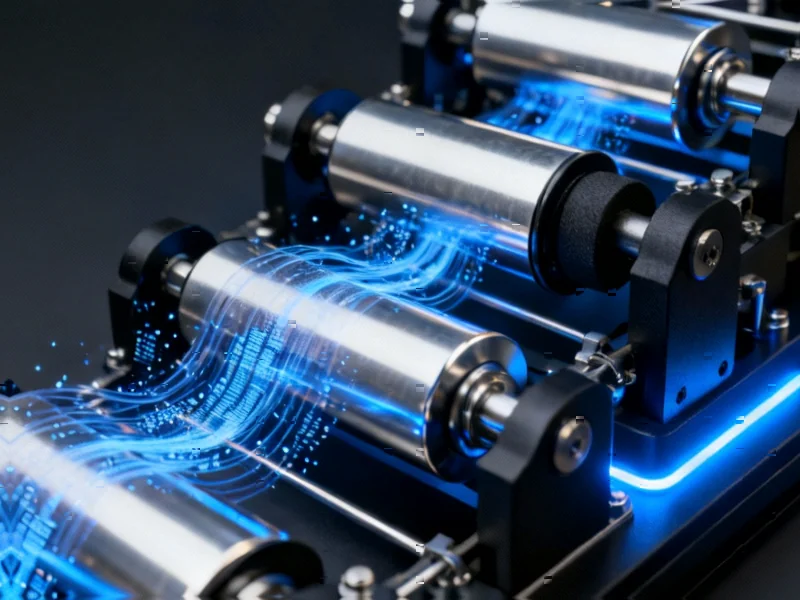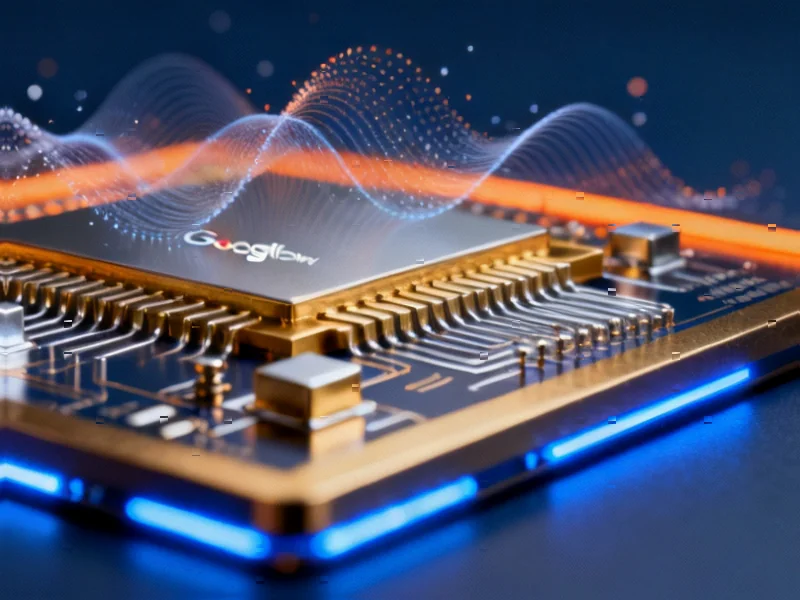Molecular Engineering Breakthrough Enables Programmable Drug Delivery Systems
Researchers have created a modular molecular system that enables programmable control over drug release rates. The breakthrough platform uses precisely engineered pseudorotaxanes to tailor therapeutic delivery kinetics for improved cancer treatment outcomes.
Programmable Molecular Systems Revolutionize Drug Delivery
Scientists have developed a groundbreaking pseudorotaxane platform that enables unprecedented control over molecular dethreading kinetics, according to research published in Nature Communications. The system reportedly allows researchers to program drug release rates through rational component engineering, representing a significant advancement for targeted therapeutic delivery and molecular machine development.









